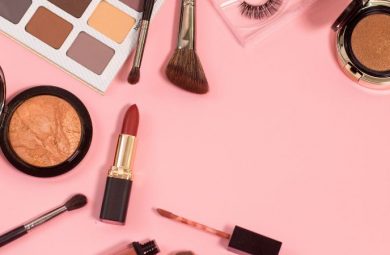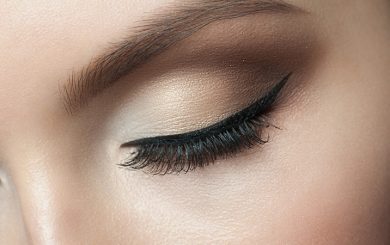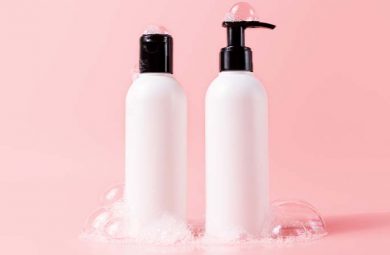Deep conditioning is an essential part of any hair care routine, regardless of your hair type. However, if you have natural hair, then deep conditioning should be a priority.
While washing natural hair should only be done once or twice a week, it is recommended that those with natural hair should deep condition their hair once or twice a week. Anything more than that, and you’d be overdoing it. But deep conditioning often enough your hair will give your natural hair moisture and nourishment.
What Is Natural Hair?
Natural hair is the type of hair texture that’s not been chemically straightened. While afro hair is a common natural hairstyle, natural hair comes in a variety of different forms with different curl patterns, from wavy to kinky-curly, to curly-coiled.
The best thing about natural hair is the fact that it’s highly versatile. With natural hair, you can recreate a number of hairstyles, such as braids, twists, and bantu knots.
However, with natural hair there comes a downside. The problem with natural hair it that it’s very fragile and prone to dryness, so it can easily be damaged. Also, it can be tough to over condition, so moisture retention is difficult.
This is why deep conditioning is so important for natural hair. Also, taking other measures such as not using heat and chemicals on natural hair, and moisturizing daily can help maintain the health of natural hair.
Why Deep Conditioning Is Important for Natural Hair
Natural hair is very prone to dryness and fragility, and needs to be regularly moisturized more than other hair types. Deep conditioning provides nourishment for the hair, and it revitalizes the hair and keeps the hair strong, hydrated and healthy. Without deep conditioning, natural hair can easily become dry and brittle.
It is recommended that you should deep condition your natural hair once or twice a week after washing it. However, some people prefer to deep condition their hair separate from their usual hair washing routine.
What to Look for in a Deep Conditioner for Natural Hair
When shopping for the right deep conditioner for natural hair, you should avoid parabens, phthalates, alcohol, synthetic fragrances, formaldehyde, and sulfates.
Seek out deep conditioning products that have been formulated with natural ingredients and shop for organic hair care products that won’t damage your hair, skin or health.
Related Search Topics (Ads)
Related Products
Look out for essential oils and natural ingredients such as coconut oil, argan oil, macadamia, jojoba, shea butter, and avocado oil.
You could even create your own natural deep conditioner with the below raw ingredients:
- Coconut oil helps to stimulate hair growth.
- Argan oil strengthens, repairs, and hydrates the hair.
- Macadamia provides deep nourishment and deep conditioning of the hair, as well as restoring the hair to its strongest state.
- Jojoba replenishes the hair from dryness and damage.
- Shea butter hydrates the hair, and it helps to reduce split ends and breakage. It also helps to smooth a dry and itchy scalp.
- Avocado oil protects the hair from damage, prevents breakage, detangles hair, reduces dandruff and hydrates the hair.
How to Use a Deep Conditioner for Natural Hair
First of all, you can deep condition your hair whether it’s wet or dry. You can deep condition your hair after you’ve washed it, or you can apply deep conditioner on dry hair.
To use a deep conditioner for natural hair, follow these steps:
- Apply deep conditioner all over the hair and massage into the hair and scalp.
- Comb through your hair to detangle the hair and to ensure that every hair strand absorbs the deep conditioner.
- Wrap your hair. You can wrap it up in a washable hair cap or cling film. This step is important because it allows your hair and scalp to be completely soaked in the deep conditioner, meaning that it will absorb all the essential nutrients.
- Once you’ve wrapped up your hair, leave the conditioner in your hair for as long as possible, from a few hours to overnight. While waiting, you can treat yourself or engage in other aspects of your beauty or grooming routine, such as painting your nails with your favorite nail polish or applying a face mask.
- After the time period has passed, wash your hair.
- Once you’ve finished washing your hair, air dry, apply a leave-in conditioner and moisturizer, and style as desired.
Follow these steps at least once a week to maintain an effective deep conditioning routine for natural hair. It’s the best way to keep natural hair fresh and healthy, and it’s a great way to stimulate natural hair growth and natural hair retention.
If deep conditioning is something that’s new to you, then make sure it becomes a part of your regular hair care regimen to protect, hydrate and revitalize your natural hair.







